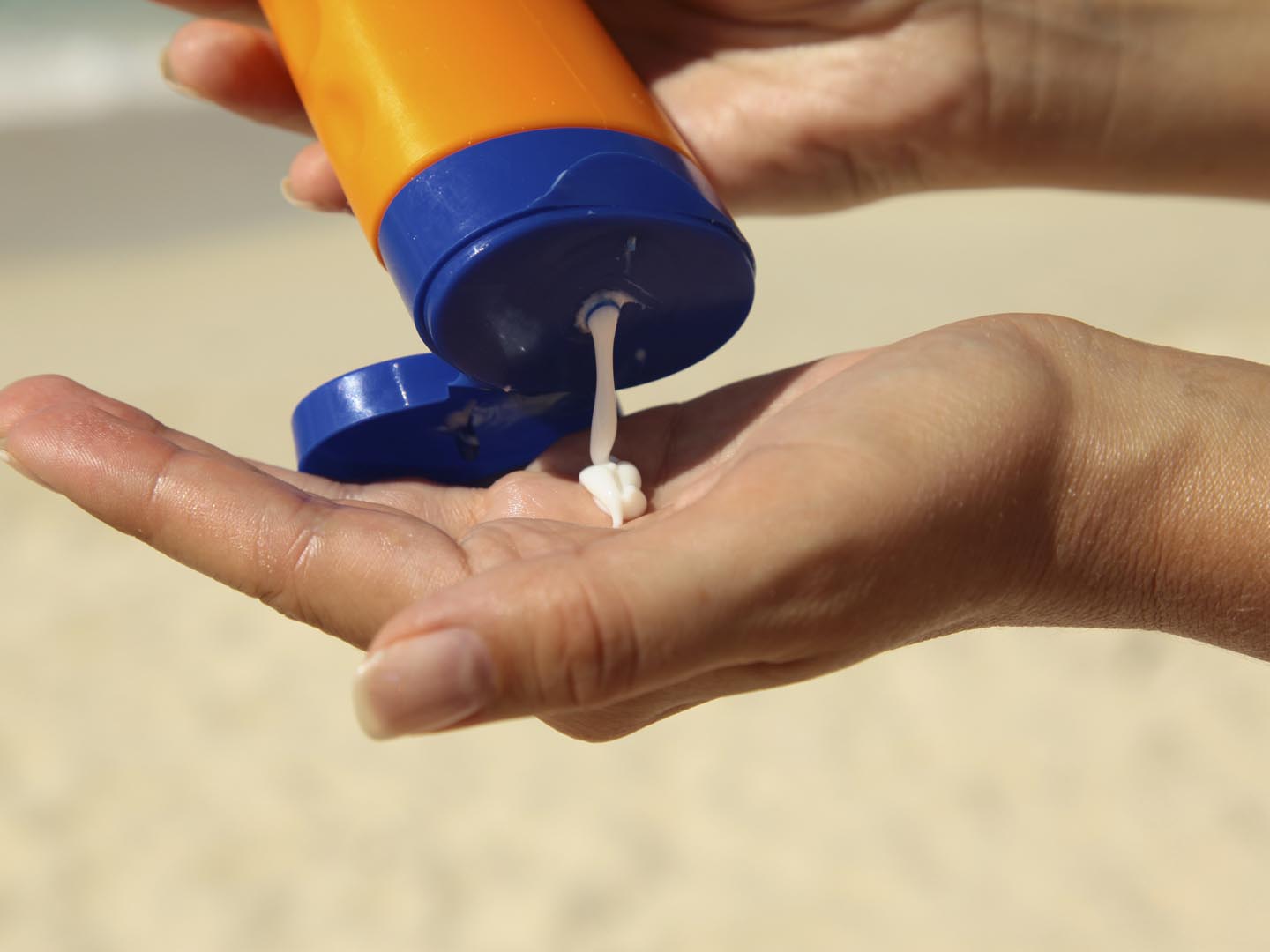Better Skin With Buckthorn Oil?
I have started using sea buckthorn oil, an omega-7 oil. It is said to help with dry skin as well as to coat the digestive tract and thus help with gastroesophageal reflux disease (GERD). What is your opinion of this herb? Is omega 7 an important category of fat?
Andrew Weil, M.D. | September 5, 2011

Sea buckthorn berries come from a shrub (Hippophae rhamnoides) which grows in mountainous and coastal areas of Europe and Asia. The oil from these sour orange berries has been used in Russia to treat radiation burns, sunburn, and eczema. In China and India the oil has been used traditionally to relieve coughs and help digestion.
Sea buckthorn berries are believed to have immune-boosting and heart-protective properties and are considered a good plant source of vitamin C and vitamin E, and omega-3 oils. The orange color comes from beta carotene, which the berries have in greater concentration than is found in pumpkin or apricots.
I discussed your question about the use of sea buckthorn oil with Tieraona Low Dog, M.D., an internationally recognized expert in the fields of integrative medicine, dietary supplements and women’s health, and an expert on botanical medicine. She told me that a few older scientific studies suggest that sea buckthorn oil might help heal stomach ulcers, but said that little research has been conducted on omega-7 fatty acids, especially when compared to omega-3 and -6 fatty acids, both of which are essential nutrients and have been studied extensively. Dr. Low Dog said it is unclear to what extent omega-7 fatty acids might benefit health. That hasn’t stopped some supplement marketers from promoting sea buckthorn oil aggressively as an anti-aging formula and for aging skin, urogenital and digestive health.
My feeling is that sea buckthorn oil may be useful when applied to the skin, but I don’t recommend taking it internally. (An extract of sea buckthorn berries known as olivello juice is a different story. It’s loaded with antioxidants, and is a very healthy addition to smoothies sold at my True Food Kitchen restaurants.) Our bodies don’t need omega-7s. If you are taking omega-7 supplements, be aware that they may interfere with the action of medication used to treat high blood pressure, as well as anticoagulants, antidiabetic drugs and a number of other prescription medications. No studies have established the safety of these products for women who are pregnant or breastfeeding.
Andrew Weil, M.D.
Learn more about Dr. Weil’s partnership with Origins and how we use the science of anti-inflammation to address skin care and aging skin.












